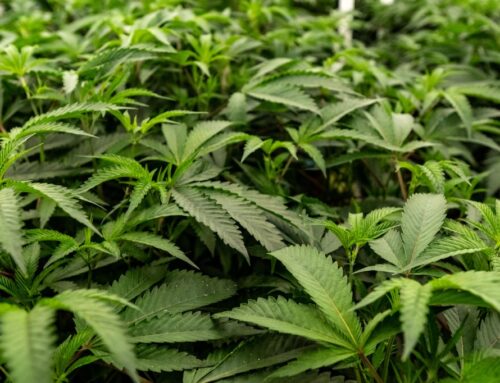Weed policy shift gets thumbs-down
June 16, 2025
Calls grow to smoke out bad regulations

Three years after Thailand became the first country in Asia to decriminalise cannabis, health and civil society experts are raising concerns over public health and inadequate regulations which accompanied the move.
At a recent public forum titled “Three Years of Cannabis Legalisation: What Has Thai Society Gained?”, health groups and academic outlets came together to assess the outcomes of the cannabis liberalisation policy.
While cannabis has medical benefits in specific contexts such as palliative care and managing nausea from chemotherapy, widespread liberalisation had serious unintended consequences, said Assoc Prof Rasmon Kalayasiri, director of the Centre for Addiction Studies (CADS).
A joint study by CADS, Thammasat University and Chulalongkorn University found a sharp rise in recreational cannabis use, particularly among Thai youth, she said.
Usage among 18- to 19-year-olds increased 10-fold from 0.9% in 2019 to 9.7% in 2022, she said. Although overall usage saw a slight decline in 2023 and 2024, current levels remain significantly higher than pre-legalisation rates.
Assoc Prof Rasmon also highlighted a surge in cannabis-related health issues, with national health data showing more patients seeking treatment for conditions such as psychosis and acute cannabis intoxication.
In 2023 alone, the economic burden of cannabis-related healthcare costs was estimated at over 15.8 billion baht.
The proliferation of cannabis shops, now numbering nearly 18,000 with licences, and many more operating illegally, has outpaced regulatory oversight, said Assoc Prof Rasmon.
“Many vendors, particularly in tourist hotspots like Khao San Road, fail to verify the age of customers or comply with licensing requirements,” she said.
An international backlash has grown, said Watcharapong Poomchuen, secretary to the Substance Abuse Academic Foundation.
Several countries have issued travel advisories warning citizens against consuming cannabis in Thailand or attempting to bring cannabis products back home, he said.
“Even Thai embassies abroad have urged Thai nationals not to carry cannabis when travelling overseas, as it remains classified as an illicit drug in most jurisdictions,” he added.
Some legal experts, meanwhile, have pointed to a policy vacuum that emerged following a 2022 Ministry of Public Health decree removing cannabis from the narcotics list without enacting a corresponding control law.
This effectively opened the door to widespread recreational use without adequate safeguards, while later attempts to classify cannabis as a controlled herb have proven insufficient, said Paisal Limsathit, a scholar with the Faculty of Law at Thammasat University.
Civil society networks have submitted over 20,000 signatures in support of a proposed cannabis and hemp control bill, now under review in parliament, to address these concerns.
The bill seeks to limit cannabis use to medical purposes, regulate its distribution and promote scientific research while protecting vulnerable groups, especially youth.
Asst Prof Niyada Kiattiying, manager of the Drug System Monitoring & Development Centre at Chulalongkorn University, emphasised the need for a comprehensive policy grounded in scientific evidence.
Search
RECENT PRESS RELEASES
Related Post


